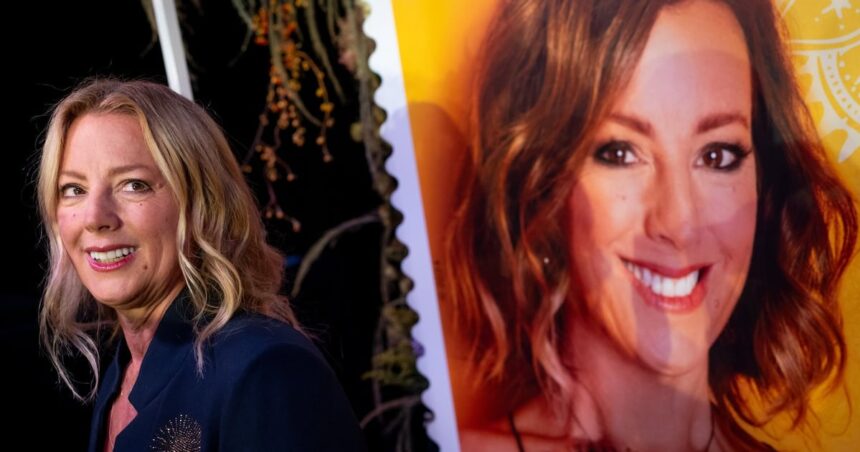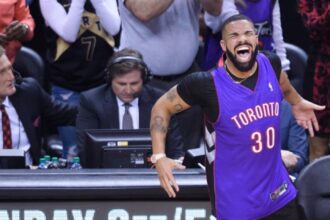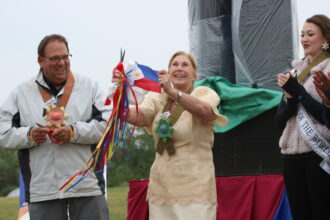In a brilliant collision of pop culture nostalgia and contemporary animation, Canadian songstress Sarah McLachlan has once again proven her willingness to embrace self-parody. The Grammy-winning artist made a memorable guest appearance in the 2025 season finale of “The Simpsons,” where she delivered a pitch-perfect spoof of her heart-wrenching ballad from “Toy Story 2” that had audiences simultaneously laughing and feeling oddly emotional.
The episode, which aired this past weekend, featured Springfield facing an environmental crisis (as it often does), with McLachlan appearing as herself to champion the cause of neglected city parks. In classic Simpsons fashion, the scene brilliantly mimicked those tear-jerking animal welfare commercials McLachlan became known for in the early 2000s—only this time, focusing on “abandoned” playground equipment and withering flora.
“When the producers approached me about parodying my own work, I couldn’t resist,” McLachlan shared in a post-episode interview. “I’ve always appreciated how ‘The Simpsons’ uses music to enhance their storytelling, and being able to poke fun at one of my most recognizable cultural moments was genuinely fun.”
What makes this cameo particularly noteworthy is how it bridges generational divides. For millennials who grew up with both “The Simpsons” and McLachlan’s emotional Toy Story contribution, it triggers a dual wave of nostalgia. Meanwhile, Gen Z viewers get introduced to a pivotal piece of pop culture history through the lens of contemporary satire. This kind of cultural recycling speaks volumes about our collective relationship with media, as discussed frequently in our CO24 Culture coverage.
The parody itself walks a delicate line between homage and humor. McLachlan’s willingness to revisit and reimagine her own legacy demonstrates a self-awareness that many artists lack. It’s reminiscent of other successful musical cameos in the show’s history, from Michael Jackson to Lady Gaga, yet carries its own distinct emotional resonance given the original song’s association with themes of abandonment and care.
“The Simpsons” has long served as a cultural barometer, often predicting trends or cleverly commenting on the zeitgeist through its celebrity appearances. This particular collaboration feels especially timely as we’ve seen a surge in environmental activism coupled with heavy nostalgia marketing across media platforms, as our analysts have observed in recent CO24 Trends reports.
What’s perhaps most remarkable is how McLachlan’s voice remains virtually unchanged after all these years, still capable of eliciting genuine emotion even within a comedic framework. The parody manages to be funny precisely because the performance itself is delivered with such sincerity—a testament to McLachlan’s enduring talent and the show’s sharp writing.
As “The Simpsons” continues its impressive run as television’s longest-running scripted series, this collaboration with McLachlan demonstrates why the show remains culturally relevant despite entering its fourth decade. By continually refreshing its references while staying true to its satirical roots, it maintains a unique position in our entertainment landscape.
Will this cameo introduce McLachlan’s music to a new generation of listeners? Might we see a resurgence of interest in her extensive catalog beyond the songs that have become memes and reference points? Cultural recycling often works in mysterious ways, creating unexpected pathways between generations and art forms, a phenomenon we’ve explored extensively in our CO24 Opinions section.
Whatever the case, this memorable moment of television demonstrates how self-referential humor, when done with genuine affection and skill, can transcend simple parody to become something unexpectedly moving—much like McLachlan’s original contribution to “Toy Story 2” did all those years ago.










